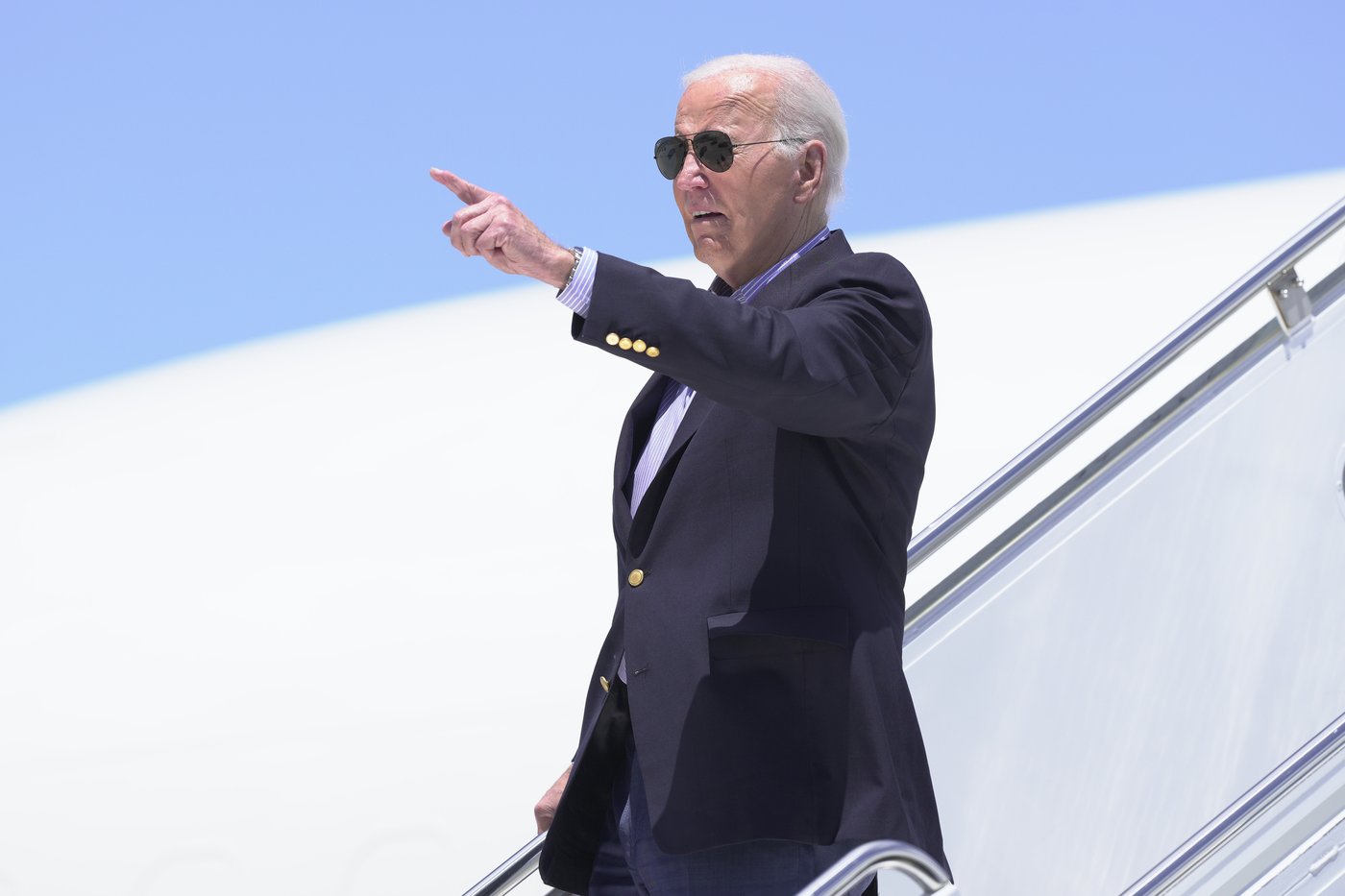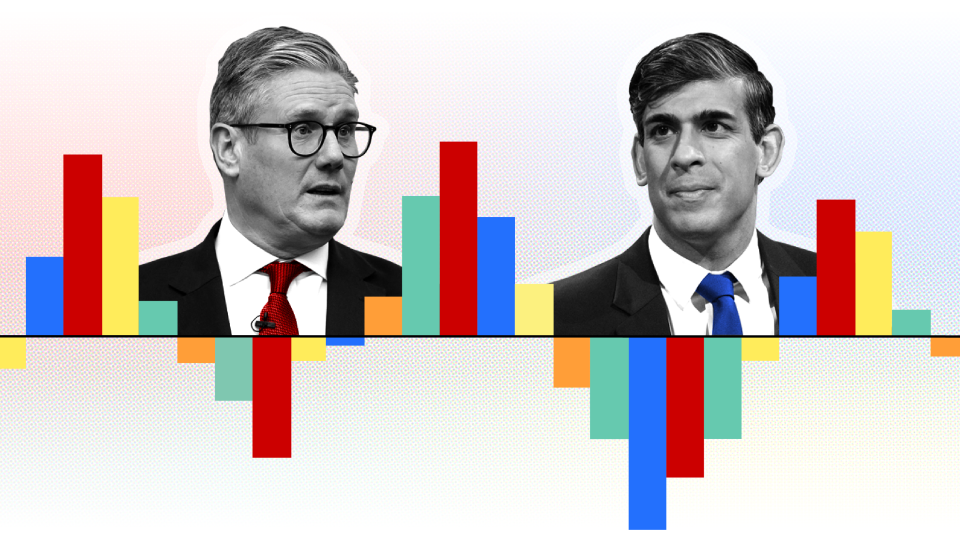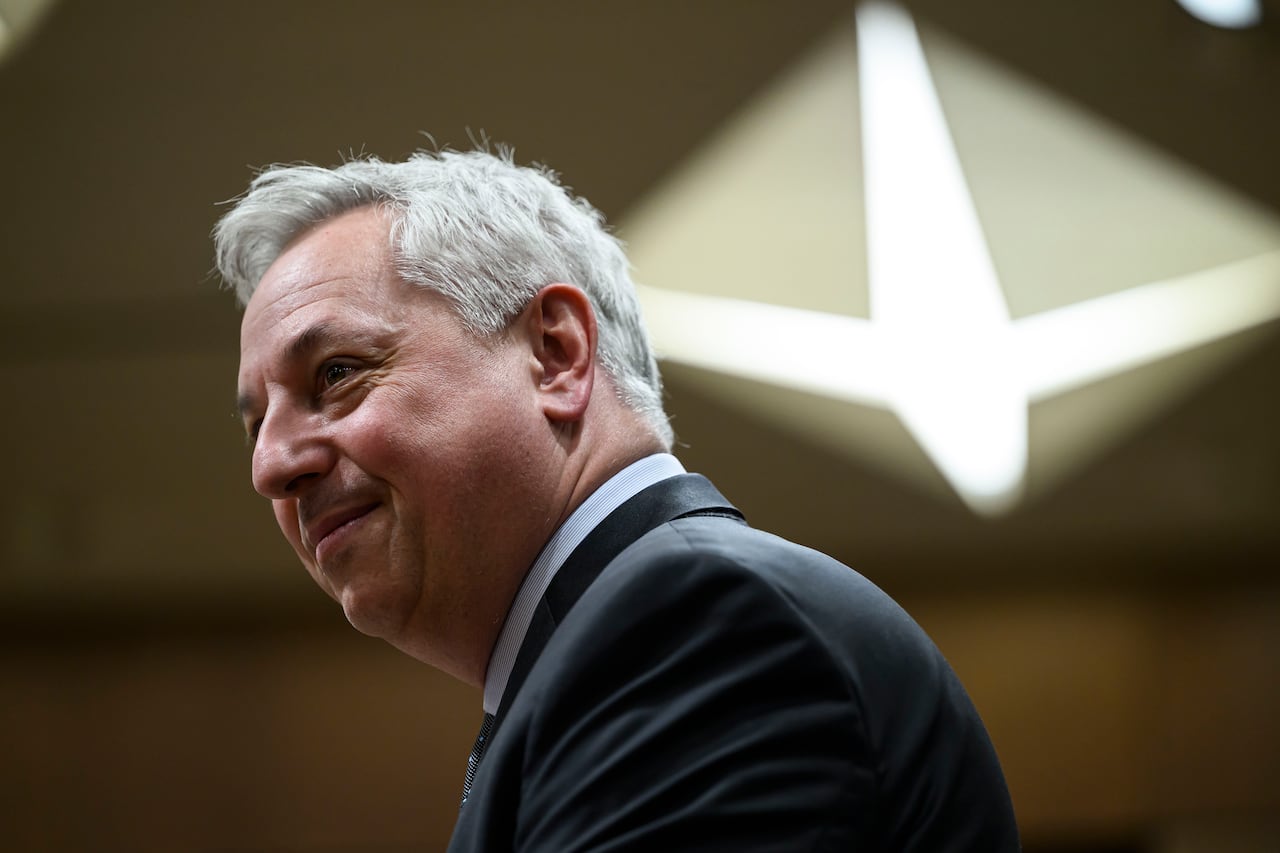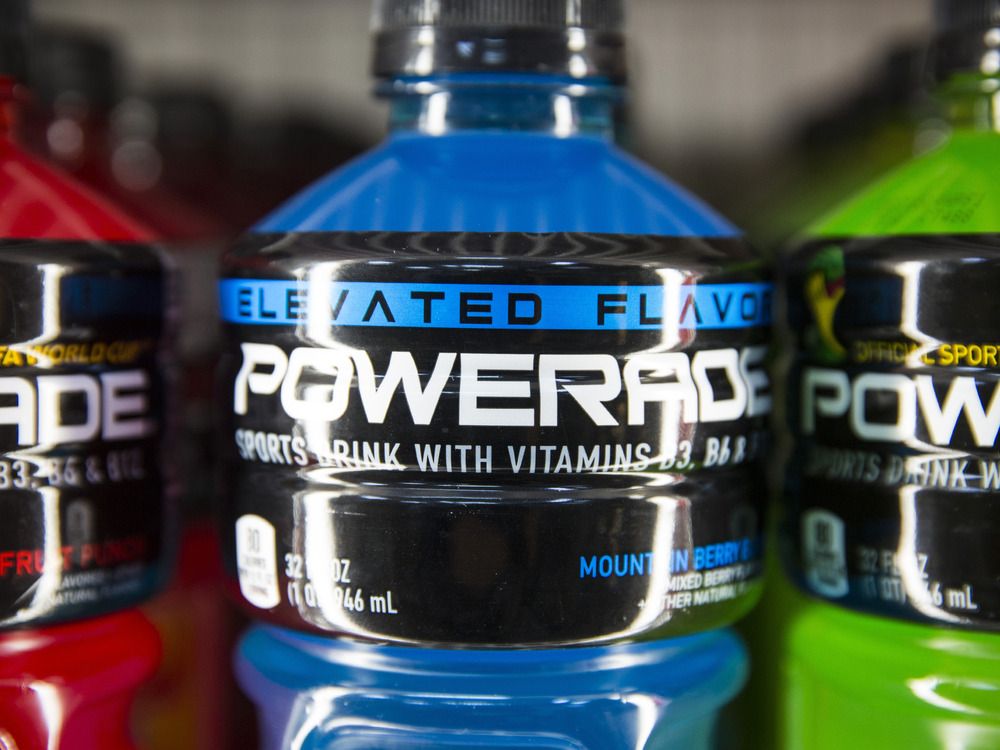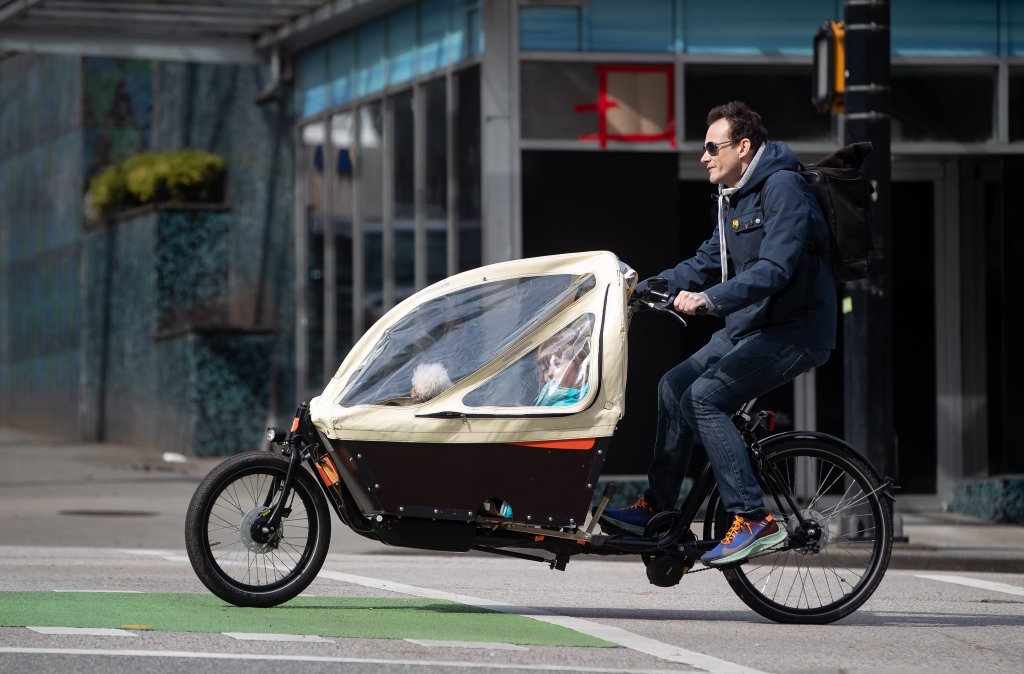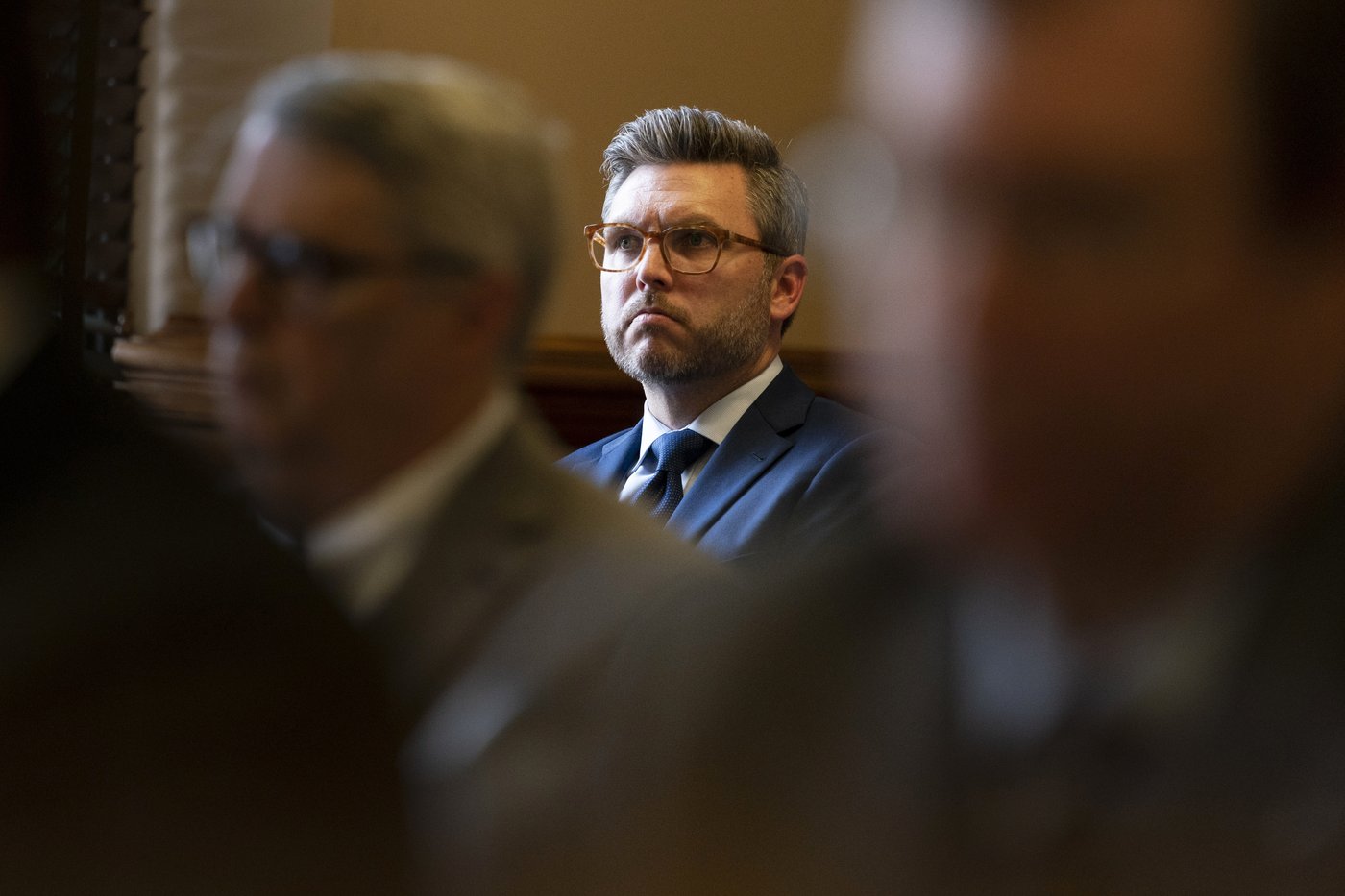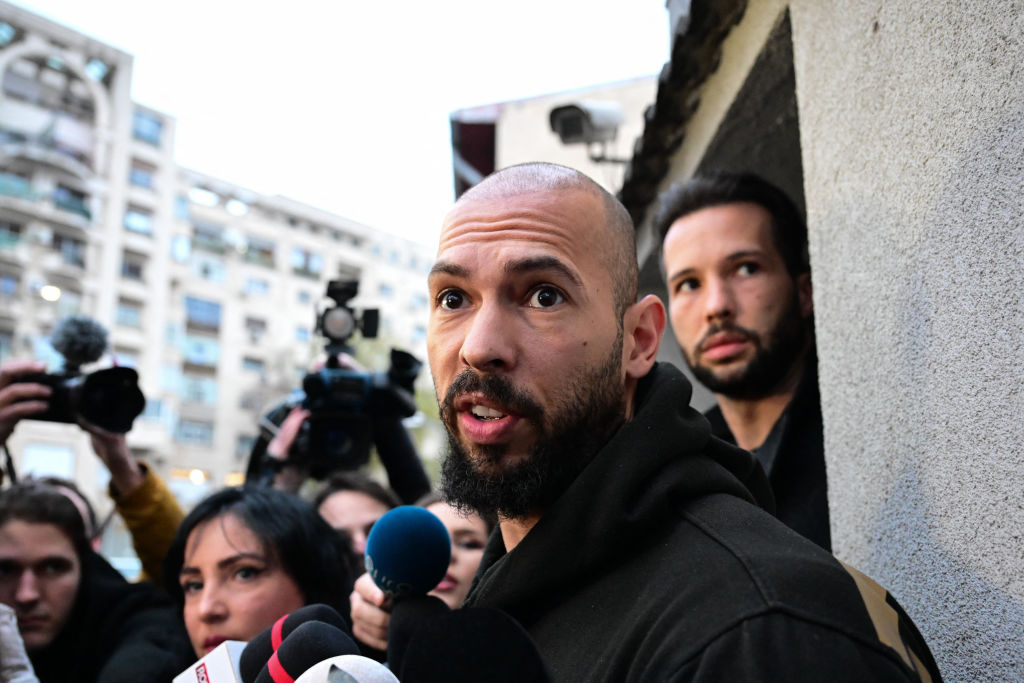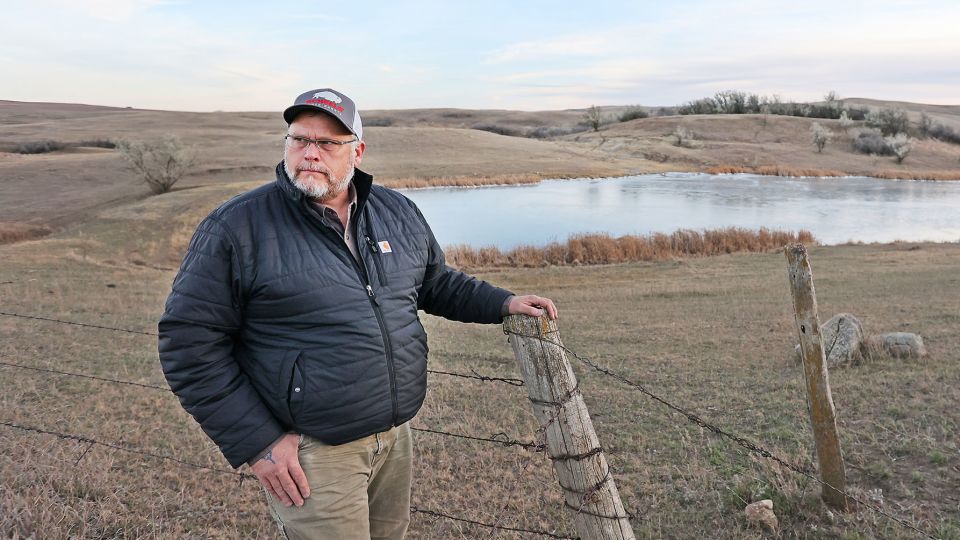
BURGUM SET TO DECIDE ON MASSIVE PIPELINE PROJECT THAT’S PITTING HIS RURAL CONSTITUENTS AGAINST GOP MEGADONORS
As Donald Trump is considering him for his vice-presidential pick, North Dakota Gov. Doug Burgum could play a deciding role in allowing a massive carbon dioxide pipeline project – backed by GOP megadonors who have given to Burgum and Trump’s campaigns – to seize property rights from rural landowners in his state.
Burgum’s vocal backing of the project so far is a sign of his transformation over the last decade, from a gubernatorial candidate who originally criticized the political influence of the energy industry, to one who’s used his close ties with oil executives, including a major investor in the pipeline project, to boost his vice-presidential prospects.
Critics say the project could have a detrimental environmental impact in North Dakota, and a group of landowners have strongly resisted the company’s plans to build a pipeline across or store carbon dioxide under their property. That’s put political pressure on Burgum, who’s part of a three-member state committee set to vote this fall on a permit that would pave the way for the project to use a form of eminent domain power.
“For a lot of people, land can be just an investment, but if you’re a farmer or a rancher and it’s your land, it is in your lifeblood,” Troy Coons, a farmer who leads an advocacy group for North Dakota landowners, told CNN. “It’s been very disheartening to see how our governor has not held true to what the promises were for the farming and ranching community” about protecting property rights.
As governor, Burgum has tried to play both sides of climate policy. In 2021, he set an ambitious goal for North Dakota to be carbon neutral by 2030, and he signed a bill in 2017 to create North Dakota’s first Department of Environmental Quality.
But as he’s stepped onto the national stage and ingratiated himself to Trump after dropping out of the Republican presidential primary, critics say Burgum has shifted to emphasize his support of oil. He has harshly criticized Biden administration climate regulations, and joined Trump for a fundraiser with oil executives at the former president’s Mar-a-Lago resort. Trump has praised him on the topic, saying at a rally that Burgum “probably knows more about energy than anybody I know.”
A former tech executive who hails from North Dakota’s east, not the oil country in the state’s west, Burgum is an unlikely champion for the energy industry. When he first ran for governor in 2016 against the state’s then-attorney general, Burgum received virtually no donations from energy companies, and blasted his rival for taking money from an industry he was in charge of regulating.
Burgum quickly changed his tune after he won the GOP primary that year, accepting more than $100,000 in donations from the industry for his campaign and inaugural committee, the Associated Press reported at the time. At his inauguration dinner, he sat next to two oil industry executives whose company was the event’s largest sponsor, according to the AP.
Pipeline backed by GOP megadonors
Now, Burgum’s looming decision on the multibillion-dollar pipeline project is putting him in the middle of competing pressures from his political benefactors and constituents who are fighting efforts to build on their land.
Summit Carbon Solutions, the company that plans to build 2,500 miles of pipeline across five states, has pitched it as a way to trap carbon dioxide from ethanol plants around the Midwest and store the gas deep underground in North Dakota, preventing the emissions from accelerating climate change. It would be the world’s largest carbon capture system, according to the company.
The project, known as the Midwest Carbon Express, is set to benefit from financial incentives for carbon capture included in President Joe Biden’s Inflation Reduction Act – which Burgum and Trump have opposed. Summit could receive up to $1.5 billion annually in tax credits thanks to the law.
Summit was founded by Summit Agricultural Group, a company led by Iowa GOP megadonor Bruce Rastetter, who’s given millions of dollars to Trump and other Republican campaigns. He was reportedly considered by Trump’s 2016 transition team as a candidate for agriculture secretary.
One of Summit’s largest investors is Continental Resources, an oil company owned by Harold Hamm, who is seen in North Dakota as a close Burgum ally. According to Securities and Exchange Commission filings, Continental, the state’s largest oil producer, expects to own about a fourth of Summit’s parent company after investments are complete.
Continental gave $250,000 to a pro-Burgum super PAC last year and $1 million to a pro-Trump super PAC this year. Hamm also donated $50 million toward Burgum’s effort to build a presidential library honoring Theodore Roosevelt in North Dakota. Burgum praised him in his state of the state address last year, comparing Hamm to Roosevelt and declaring that his “grit, resilience, hard work and determination has changed North Dakota and our nation.”
Burgum also personally made between $15,000 and $50,000 from Continental through an oil lease on land owned by his family between 2022 and mid-2023, according to the financial disclosure he filed as a presidential candidate. The lease was signed years before Burgum became governor. CNBC first reported on Burgum’s financial ties with Continental, and the Associated Press previously reported on the politics of the Summit pipeline debate.
Rob Lockwood, a Burgum spokesperson, said that “tens of thousands of families and mineral owners have similar arrangements” to Burgum’s deal with Continental.
Another investor in the Summit project, Gary Tharaldson, also gave the pro-Burgum super PAC $1 million last year, making him one of the group’s largest donors. Tharaldson runs a major ethanol company that is set to provide carbon dioxide for the pipeline, and is North Dakota’s richest resident, according to Forbes. (Burgum is worth at least $100 million, the publication estimated – and he has spent millions of his own fortune on his gubernatorial and presidential campaigns.)
A spokesperson for Rastetter declined to comment, while spokespeople for Hamm and Tharaldson did not respond to requests for comment.
Since he endorsed Trump earlier this year, Burgum has become a key figure connecting the former president’s campaign with wealthy oil executives like Hamm, according to two sources familiar with the situation. At one Trump fundraiser in April that Hamm and Burgum attended, Trump urged assembled oil executives to raise $1 billion for his campaign, and Burgum said at another fundraiser that Trump would “stop the hostile attack against all American energy,” the Washington Post reported.
Some political observers have pointed to Burgum’s close relationship with oil executives like Hamm as a key reason why a governor who’s little-known outside his state has made it to Trump’s vice-presidential short list.
“What’s happened is Doug Burgum has realized that he could really hitch his wagon to Harold Hamm,” said Scott Skokos, executive director of the Dakota Resource Council, a nonprofit energy watchdog in the state. “That will get him elected. That will get him to places. But to do that, he’s going to have to flip-flop. And that’s what he’s done… He has shifted completely on oil and gas and coal and everything.”
Lockwood, the Burgum spokesperson, said that since he took office, the governor has “consistently and steadfastly supported coal, oil and gas as essential pieces of an all-of-the-above energy approach that is good for the US economy, grid reliability, and national security.”
Virginia Canter, the chief ethics counsel for Citizens for Responsibility and Ethics in Washington, said it seemed unlikely that Burgum would have to recuse himself from the pipeline decision based on the investors’ political donations or oil money the governor is receiving from Continental. But she said it could raise questions about whether Burgum is “so entangled with these individuals and their companies – from a political and financial perspective – that he really can’t serve the public interest.”
More broadly, Trump’s vice-presidential search seems a little like “an ‘Apprentice’ exercise – who’s going to bring in the most money for him,” Canter said. “Burgum is playing to win here, but at what cost?”
Burgum in the middle
Summit’s pipeline project will likely depend on support from the North Dakota Industrial Commission, a three-person body chaired by Burgum that also includes two other Republican elected officials, the state Attorney General Drew Wrigley, and Agriculture Commissioner Doug Goehring. The commission is expected to vote this fall on whether to grant Summit a permit for subsurface storage of carbon dioxide, which would allow it to use amalgamation, a form of eminent domain, to force property owners into a deal with the company.
So far, Burgum has avoided taking a stance on eminent domain, suggesting that if landowners don’t want to sign a deal with the company, Summit could convince their neighbors instead.
“I support private property rights,” he said at an Iowa event during his presidential campaign last year, in response to a question from a pipeline opponent. “Just say no, and they’ll move it to your neighbor and your neighbor can get the big check.”
The governor has been vocally supportive of the project as a whole. At a 2022 event where he sat alongside Rastetter, Hamm and Tharaldson, Burgum declared that the “entrepreneurs that are stepping up and investing in these kinds of projects, I think, are the real heroes of the American economy.”
His administration has also helped the project move forward, Forbes reported in 2022, including by petitioning the federal government to let the state oversee carbon dioxide injection wells. In 2019 – the same year that Summit began developing plans for the project – the state legislature passed a law allowing oil and gas operators to use the “pore space” beneath the land and preventing landowners from demanding they be compensated for it. The bill was strongly pushed by Burgum’s administration, said state Sen. Jeff Magrum, a conservative Republican who has clashed with Burgum and opposes the pipeline project. The state Supreme Court later struck down the law.
Summit’s proposal has created unlikely alliances in North Dakota politics, uniting left-wing and right-wing groups in opposition, with Burgum’s more business-minded wing of the GOP in support.
Environmental groups have raised alarms about safety and water concerns from the Summit project, and also suggested that the carbon dioxide could eventually be used for oil drilling in North Dakota’s Bakken Formation, where Hamm’s company has a significant presence – ultimately prolonging the life of a polluting energy source. Summit has said there are no plans for the carbon dioxide to be used for drilling, and its business model is based on sequestering the gas underground.
Conservatives, meanwhile, have focused on property rights. A majority of the state GOP convention voted for a resolution objecting to the use of eminent domain for carbon capture pipelines this spring, although the resolution failed to pass because it fell a few votes short of the necessary two-thirds majority.
“It’s been strange to see the different groups that have come together,” said Derrick Braaten, a North Dakota lawyer who’s representing dozens of landowners opposed to the project. “You’ll see the Sierra Club and the Farm Bureau – diametrically opposed organizations – walking hand in hand making the same arguments against this. You don’t know what world you live in anymore.”
Holdouts in pipeline project’s path
In recent weeks, Summit has faced several highly contentious permit hearings, in which landowners in the rural central North Dakota counties where the company plans to lay pipelines and bury its carbon dioxide complained of feeling “bullied by billionaires.”
“It just turns our property into a landfill, or a hazardous waste site,” Mike Bauman, whose family farm is in the pipeline’s proposed path, said in an interview. He accused Summit of aggressive negotiation tactics, relying on the threat of eminent domain.
Bauman, whose job involves land negotiations for the federal government, said that “if I did any of the negotiations that these guys do – threatening that I’m just going to seize and take your property – I would no longer have a job, nor would I even be probably sitting in normal society.”
“How can the state of North Dakota allow a private organization to take someone’s property for their own personal benefit and not be for public use?” Bauman asked.
A Summit spokesperson declined to comment on the criticism the project has received or the company’s negotiation tactics. At the public hearings, company executives have emphasized its economic benefits and noted that they changed the proposed pipeline route in response to local concerns.
According to Summit, the company has already signed easements with landowners covering 83% of the pipeline route and leases covering 92% of the land area that would be used to store carbon dioxide. Supporters say it will be an economic driver for North Dakota and help reduce emissions across the Midwest.
“The benefits of it outweigh the risk, and I think that’s where we’re at with this project,” said state Sen. Terry Wanzek, a Republican who is backing the project due to his support for the ethanol industry. “We present ourselves with a lot of opportunity.”
The debate over the pipeline has even divided some families. Mike Haupt, who owns farmland in Mercer County, N.D., said that some of his relatives are “shunning” him and his wife after they rejected Summit’s proposal for an easement on their land.
“We decided that this is not constitutional to come and take somebody’s property without negotiations,” Haupt said.
The anger of some landowners – and the political danger for Burgum – was on display at a hearing last month that a state official called “one of the most contentious” he’d ever seen, the North Dakota Monitor reported.
Kurt Swenson, who owns about 1,400 acres in central North Dakota where the company aims to store carbon dioxide, told state regulators that the project threatens to permanently destroy the prairie grassland where his wife’s family has lived for more than a century.
“The state can try and take it,” Swenson declared at the hearing. “You’re going to end up taking it from my cold, dead hands.”
In an interview, Swenson said he had voted for Burgum twice and had once considered him a strong conservative – but after the governor’s support for the pipeline project, he didn’t want to see him elevated to national office.
“He’s clearly changed from how he put himself out to be initially,” Swenson said.
CNN’s Alayna Treene contributed reporting.
For more CNN news and newsletters create an account at CNN.com
2024-07-03T10:08:45Z dg43tfdfdgfd

